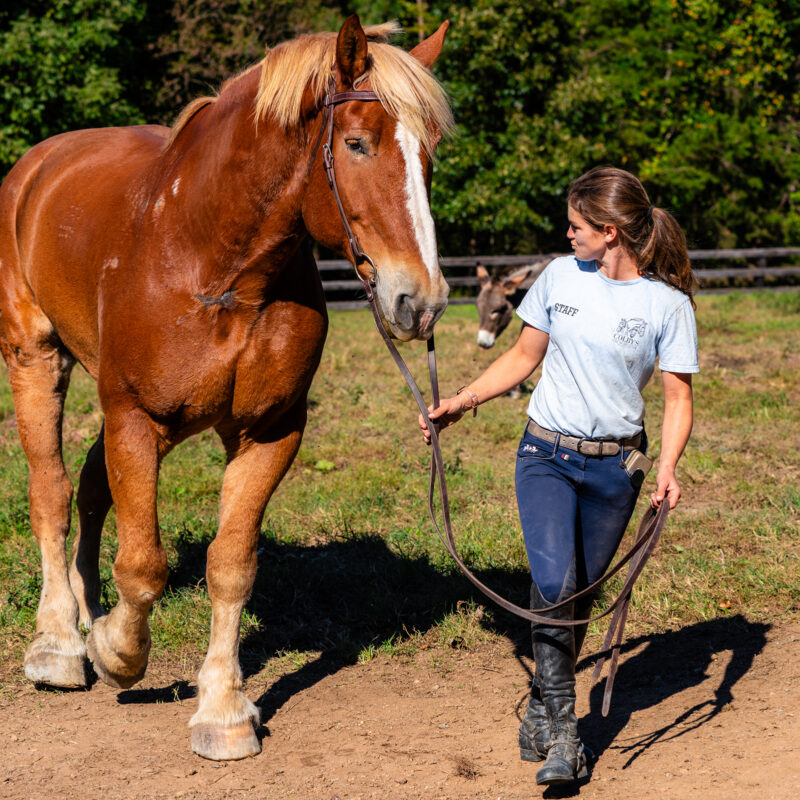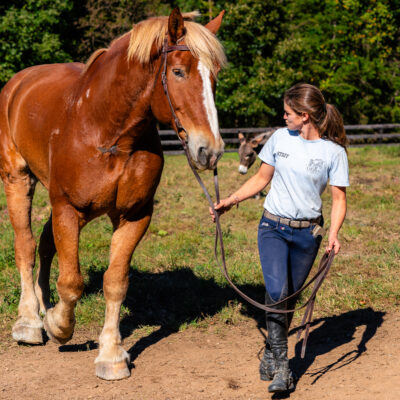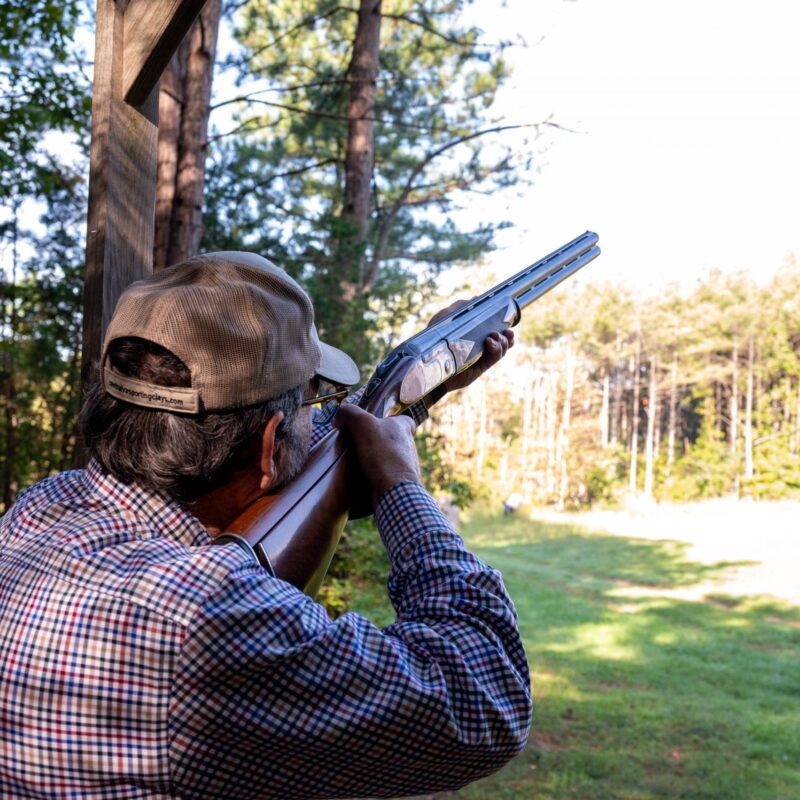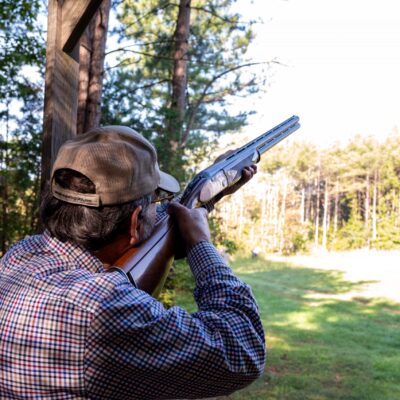Take the guy who choreographed the video for Cameo’s “Word Up,” a two-decade resident of Charlottesville’s French sister city, the guy who lit the Eiffel Tower at its 120th anniversary, an Albemarle High School student, choir directors from Richmond, Staunton and France, and a whole bunch of singers, and what do you get? For starters, a pretty weird party.
|
The United Gospel of Besançon joins local singers and the Community Choir of Staunton, led by Alphonso Hamilton, for a foot-stompin’ Monday night at the Paramount. |
“It’s very unusual,” says Louisa Dixon, a coordinator for the French-American Gospel Music Workshop Exchange’s “Singing the Gospel” concert on July 12 at the Paramount Theater. (She’s the one who lived in Charlottesville’s French counterpart, Besançon.) At the concert, 65 singers from Besançon will perform early American gospel songs alongside about 100 American singers from Staunton and Charlottesville, as part of a week-long, traveling celebration that’s bookended by Independence Day and its French equivalent, Bastille Day.
The peculiar marriage has generated wide-reaching community involvement. Among the singers will be city councilwoman Kristin Szakos, who sang American gospel music with a French choir when she lived in Lyon. Students at Light House, the local film mentorship program, are working on a documentary about Albemarle High School student Trevon Cook, who organized a 50-member gospel choir and will sing with the choir. The concert will also introduce a local 12-year-old gospel and country singer named Emily Henline. The whole shebang will be lit by Jacques Rouveyrollis (He’s the guy who lit the Eiffel Tower).
Dixon, a Staunton native, says she was living in Besançon when a friend asked her if she wanted to see a gospel concert. “I thought, this is going to be terrible,” she says. “How can French people sing American music?” But when she showed up, a French audience was spilling out the door, “lined up like they were going to a Beatles or a Grateful Dead concert.” Inside, a band and choir ran through some old-time gospel tunes that she says reduced the audience to tears. After the show, Dixon says she was struck with the idea to combine the French gospel choir with a mass community choir in her native Staunton. All too convenient was the fact that nearby Charlottesville was Besançon’s sister city.
Dixon approached Larry Vickers, a world-renowned choreographer (he’s the one who worked with Cameo) who splits his time between Staunton and Paris, where he moved in 1968. Of their partnership was born the French-American Gospel Music Exchange. Since 2004 the exchange has sent Virginians to Besançon, which, like Charlottesville, has a metropolitan population of about 120,000, is two-and-a-half hours from a major city by train (Paris), and lies in a region with mountains that reach about 4,200 feet. The first seven years of the program have seen a growing exchange program that fosters a dialog between the regions. “When the French and the Americans started singing together, it became immediately like this,” says Vickers, clasping his hands together.
The partnership builds on a fascination with Gospel that the French have fostered since the 19th century, when travelers returned from trips Stateside with news of the new forms of music that were arising in Black American communities. In France, the virtues of the music—folk set to an almost danceable beat—were espoused, ironically, in equal measure by the religious devout and lovers of jazz.
By the 1930s, the tenor Roland Hayes and contralto Marian Anderson were earning international acclaim by performing repertoires that combined Negro Spirituals and classical music. They inspired spiritual groups throughout France, like Les Compagnons du Jourdain, who performed gospel music in English through the 1950s. The trend has continued to modern day. “The Europeans always have been into ethnic music, with jazz, which tends to lead into gospel. There was one period when they were into country,” says Vickers. “When they get into it, they go head on.”
“That’s just the way the French are. Gospel is such a phenomenon,” says Vickers. “They now have mixed gospel music with house music that they dance to in clubs. They love the beat.”






